I love books. When I heard that Munday Library once housed books, and that time had not been long ago, I was horrified. All of those lovely books, compiled over decades, just disappeared from the university.
Libraries are some of my favorite places to go. My local library is an oft-frequented location for me: I write there, I read there and sometimes I just go to relax. I like to wander the aisles and read books that catch my eye. Activities like these are what led me to become an English literature major. Libraries hold some of the most fascinating volumes out there for anyone to use. A library empty of physical books seemed so strange to me; what if students need resources? What about historical texts? I was genuinely concerned about the situation at Munday.
However, upon a conversation with Mando Garcia, SEU’s Interlibrary Loan Specialist, I was given a new perspective. According to Garcia, over 90% of the catalog went unused. I was shocked. Nine out of every 10 books in the library, when it had books, never went into circulation. From Garcia’s point of view, there was no point in having a library if it was never used; it was pointless work for him and the other librarians to maintain the collection. Physical books wear down and decay. They can rip and be lost or stolen. For an SEU librarian, having a physical library was a liability.
I was in quite an opinion pickle. On one hand, I like having books in a library because I adore reading. I think books would add a lot of value and atmosphere to a building that often feels open and empty. However, Garcia’s valuable input complicates things. Firstly, it would appear that I am in the minority opinion for book-borrowing, and secondly, maintaining a physical book collection isn’t sustainable for the university.
My editors then presented me with more information: some of the professors on campus had started mini libraries in their office spaces. By compiling their own collections and the limited number of books that they were able to save from the Munday purge, some of the literature, writing and rhetoric professors created an office-sized library in Sorin Hall. Professor Brian Sheerin and the literature department refer to this as the “rogue library,” and he tells me that the whispers of other departments’ libraries are not unfounded.
That got me thinking. Imagine this: little clusters of libraries, scattered around the campus. Turns out I’m rather a fan of this idea. SEU should bring back their books, or at least some of them, and disperse them to their respective departments.
There is a twofold opinion among the faculty and staff of the university: The librarians don’t want the books, but the faculty do. My opinion is a fusion of the two — allow the faculty of each department to curate and maintain their own rogue libraries as they see fit for their students and thus relieve the burden from the library staff. This way, students can access books directly through their professors, structured for their classes or for their professors’ tastes. They can access needed texts and find ones for personal study. This could also deepen the connections between students and their professors. Professors would have books that they care about and could share personal history with in tandem with the history and contents of the book itself.
Of course, for this to become a reality, all sorts of logistic details would need to be ironed out. The university would have their work cut out for them reassembling many of the books, and the professors would need some sort of checkout system to keep books from disappearing. In concept, this idea would solve everyone’s problems, and it would give me some fun book spaces to explore.


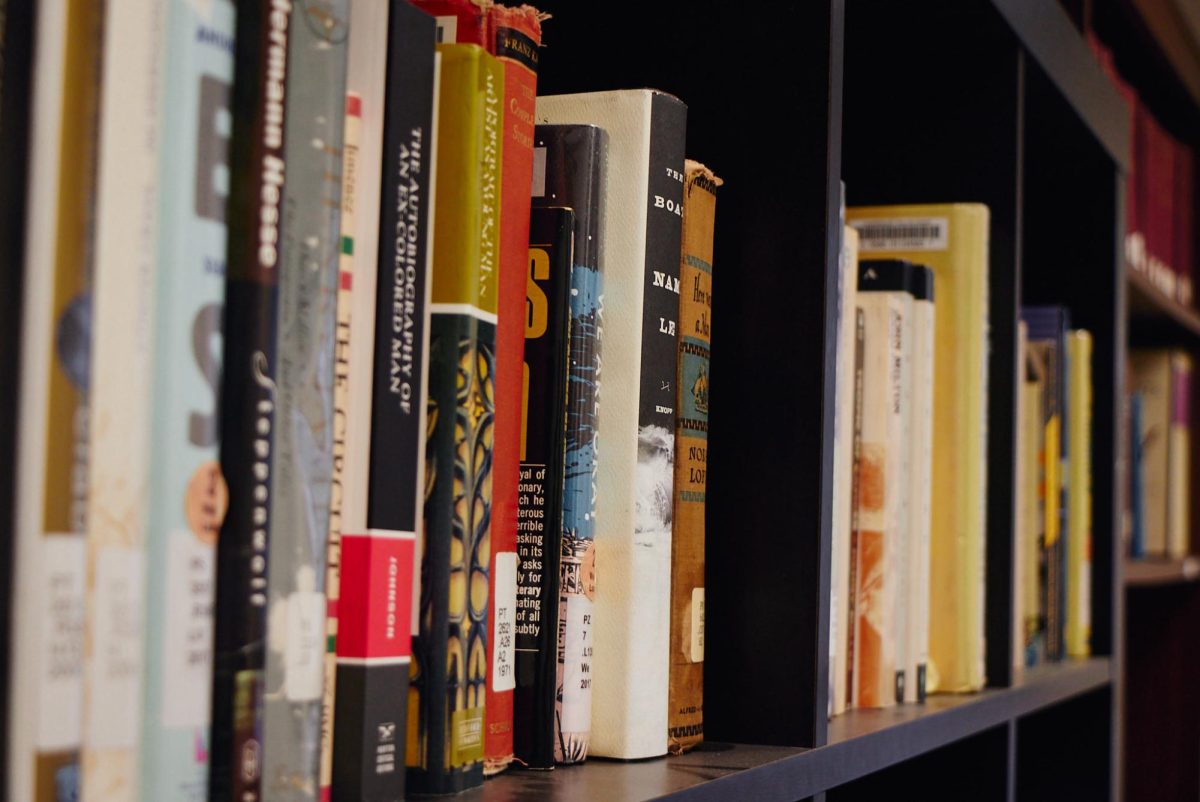


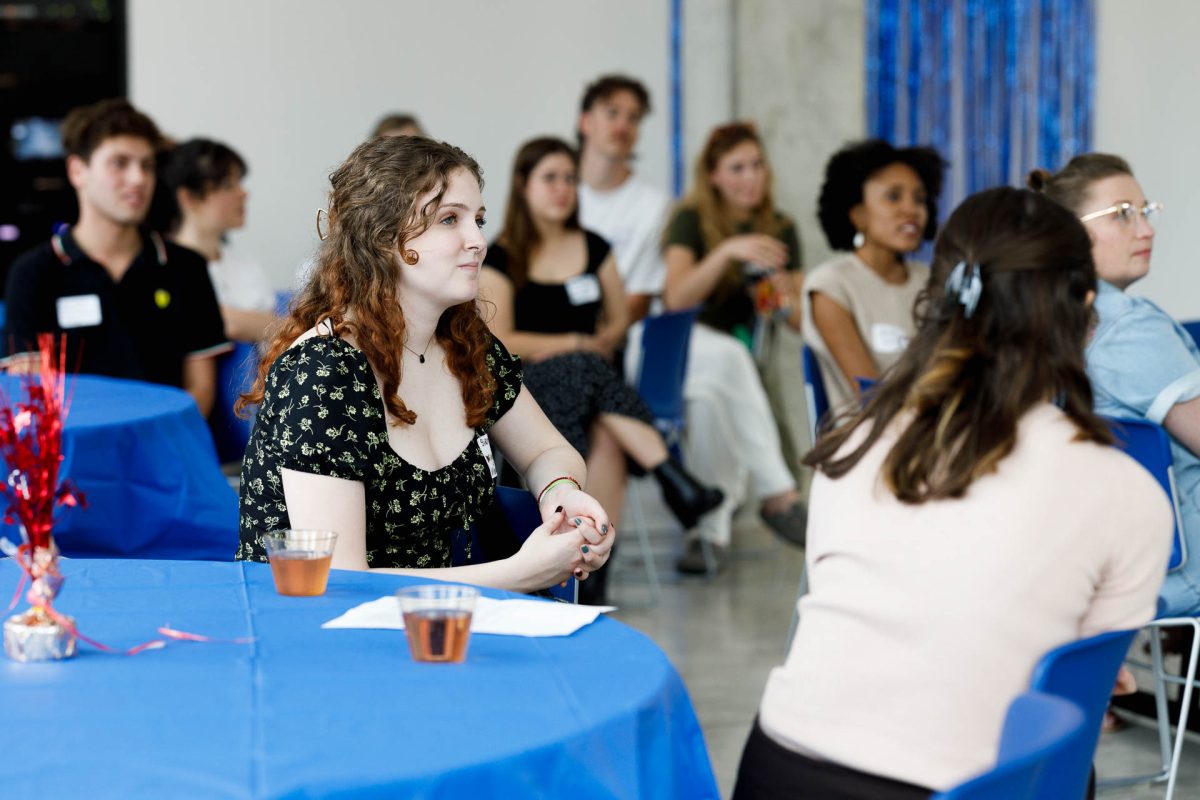
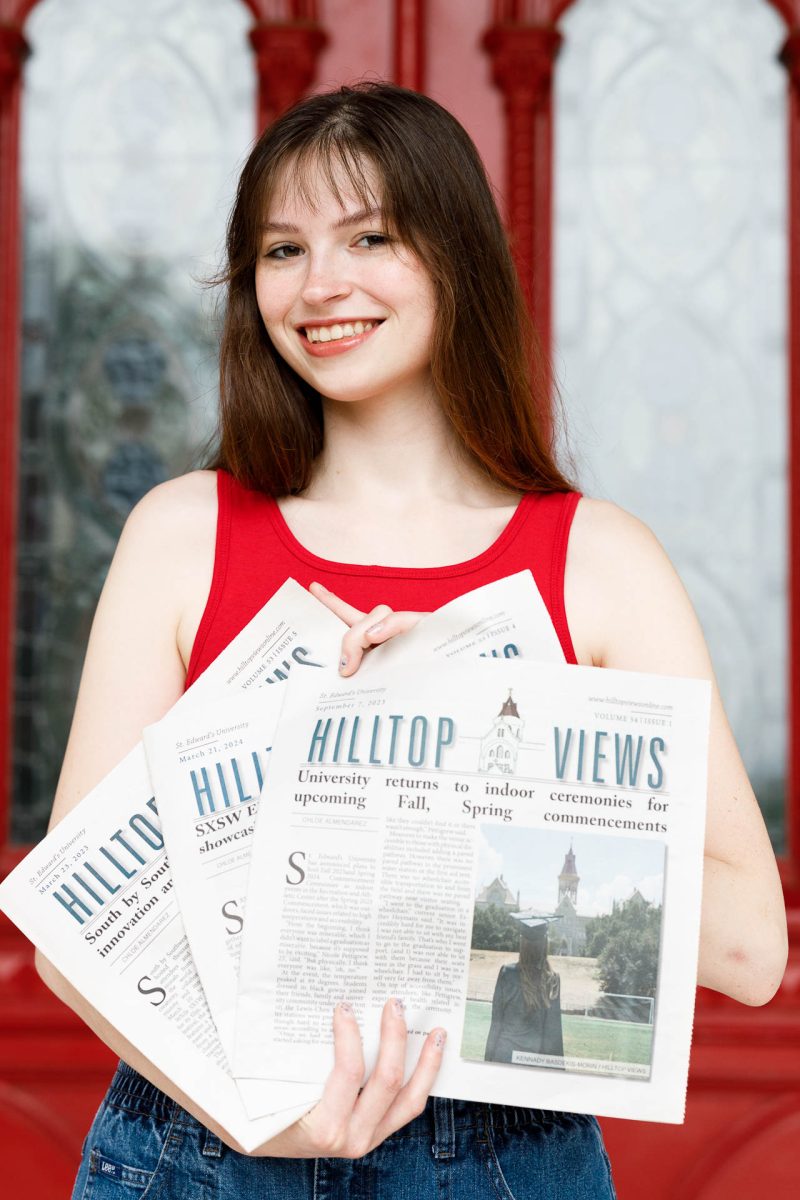



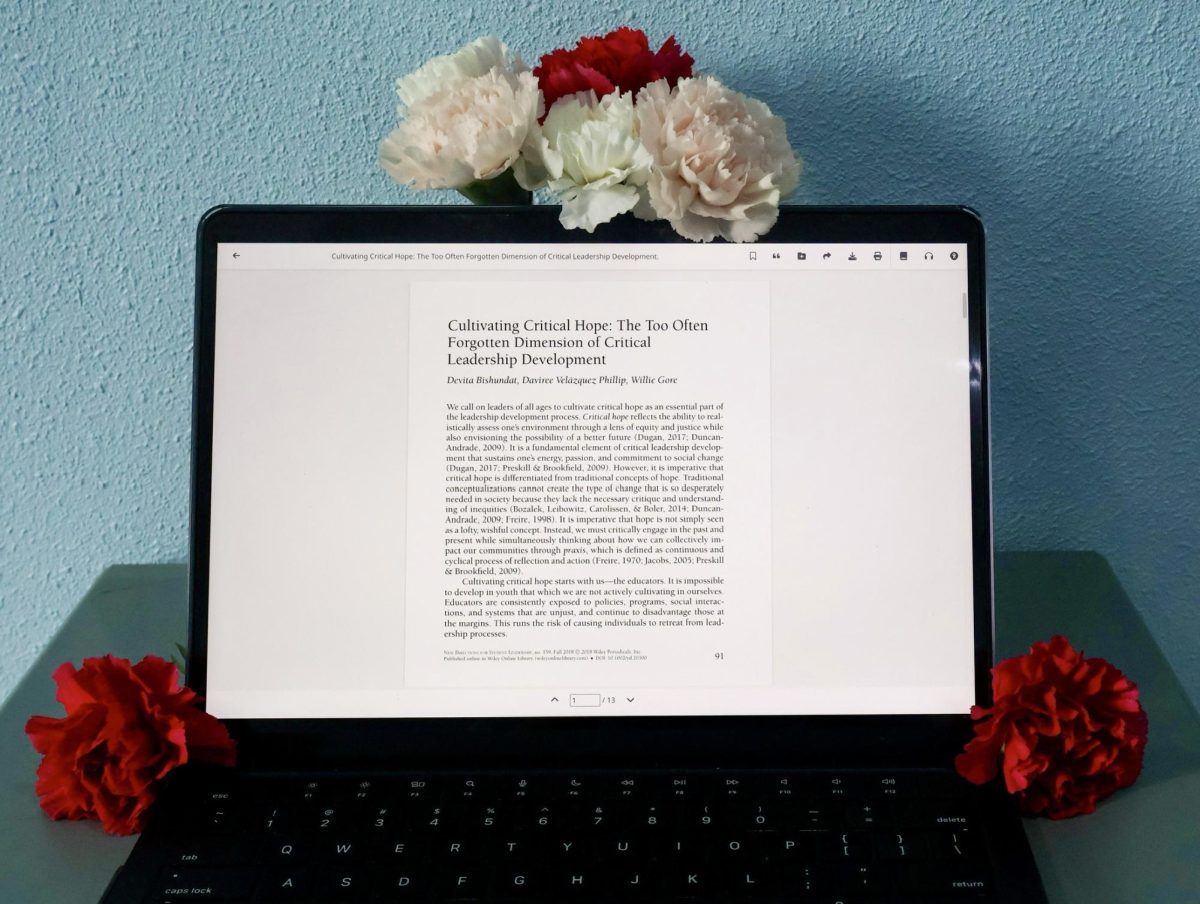

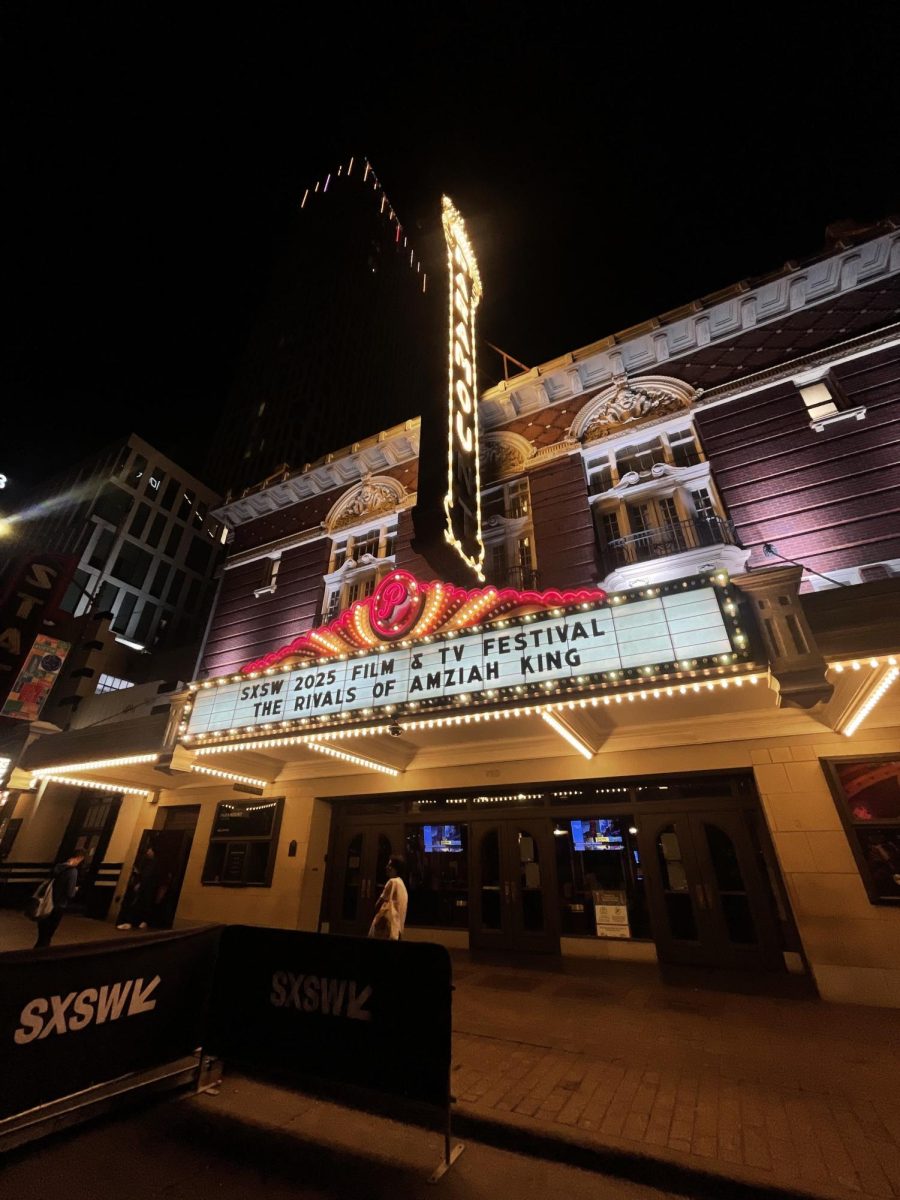
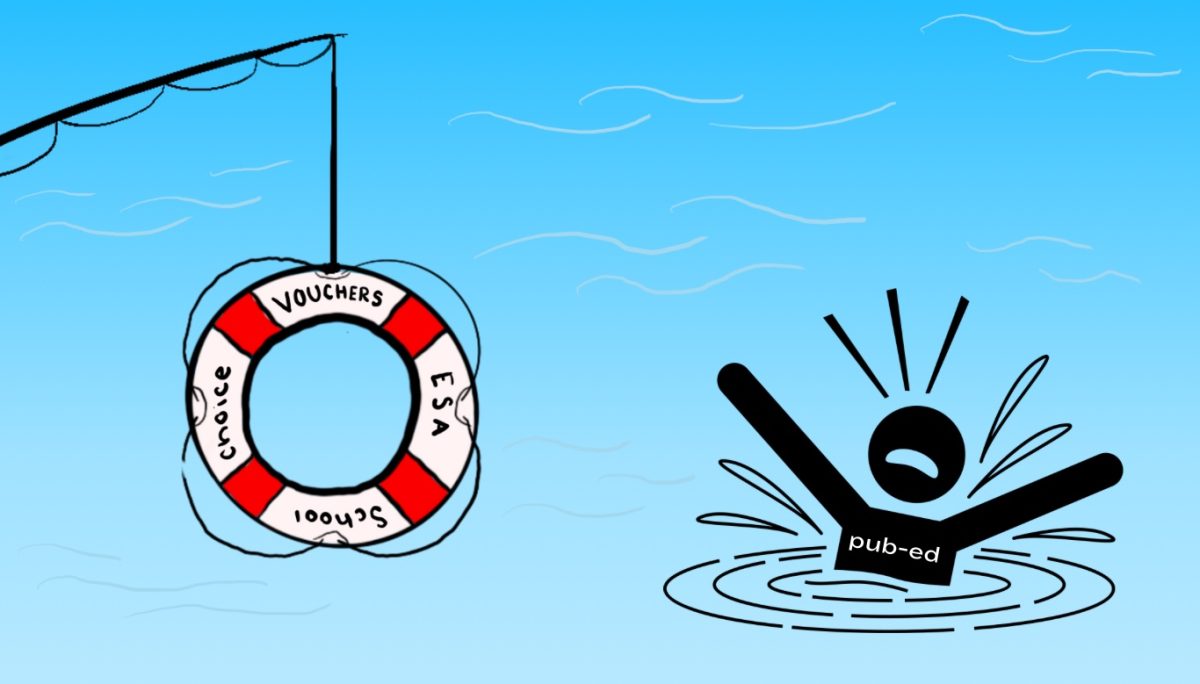
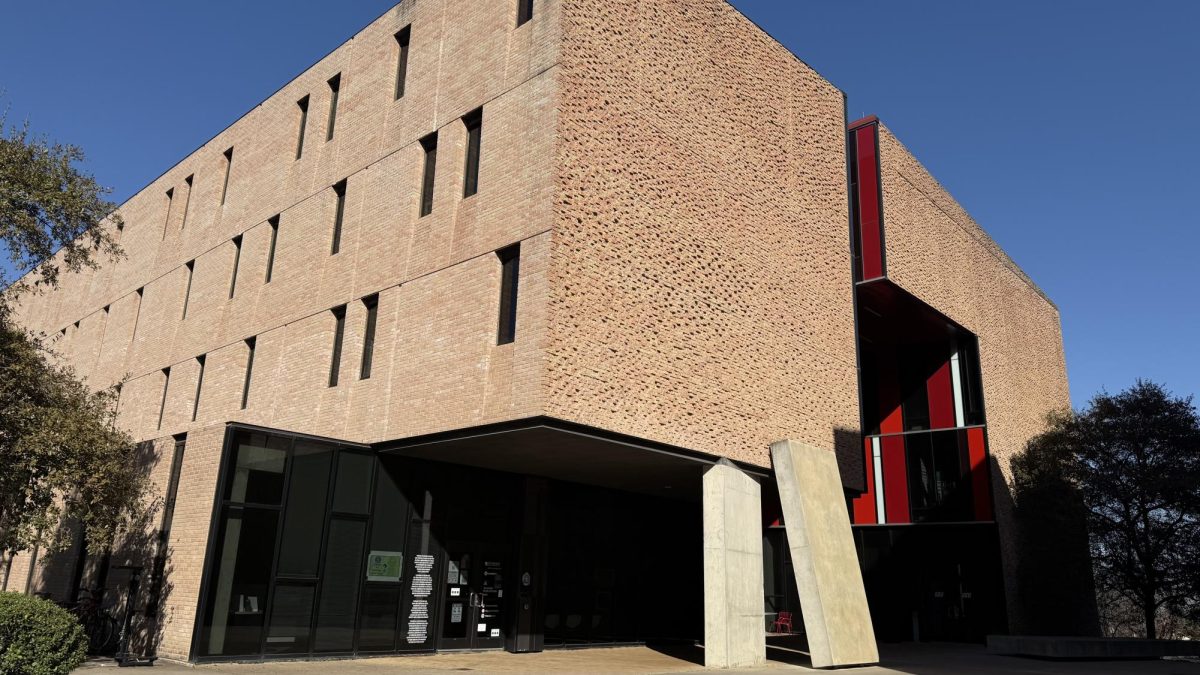

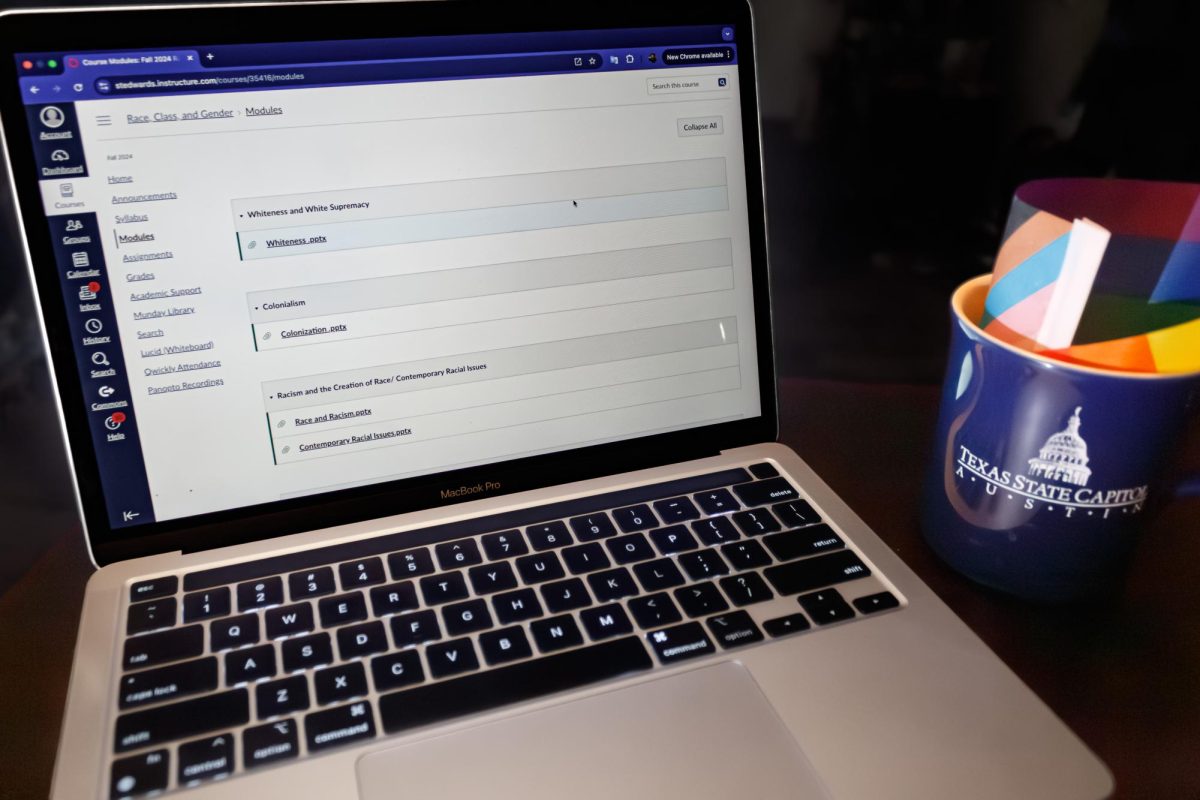
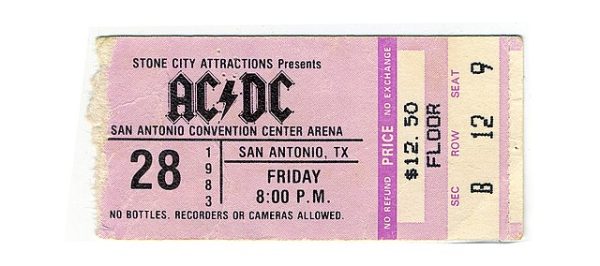




Casey Gibbs • Oct 5, 2023 at 12:50 pm
Hi Max – Thank you very much for your thoughtful comments, and for caring about the life and future of your Library. I hope it won’t come across as pedantic for me to observe that the situation with Munday Library’s collections and services is a bit more nuanced than that, and that it is our top priority to provide the best, most useful, and most inspiring collections and experiences we can at all times. We welcome you and everyone else in this community to engage with us on what a Library means to you and how you’d like to see your Library evolve with you into the future. I assure you that we’re all in this profession because we grew up with experiences like yours, and that how we extend what we treasure from our history into what we envision for our future informs everything we do, every day. Thanks again for diving into this subject, and I look forward to talking with you further.
John Kuhner • Oct 2, 2023 at 9:22 pm
You should tell the librarian about JRR Tolkien coming across a grammar of Gothic in high school. Probably no one checked that book out either – yet it ended up affecting a great many lives down the road. I’m glad the librarian hadn’t chucked it.